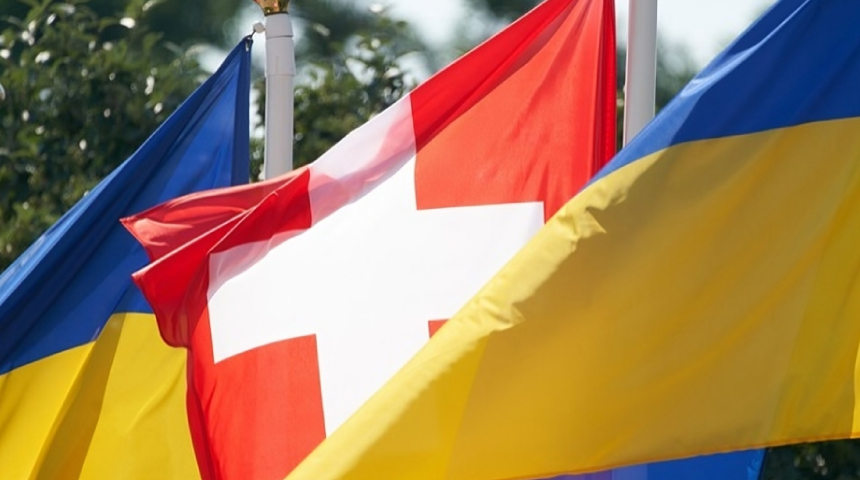In March, Switzerland will consider the issue of recognising the Holodomor as genocide
Already next week, on Tuesday, March 5, the Parliament of Switzerland plans to consider the issue of recognising the Holodomor as genocide of the Ukrainian people. This issue will be presented in the parliament by Ms Christine Badertscher, a representative of the Green Party of the Swiss Confederation in the National Council (the lower house of the parliament).
The country took almost twenty years to vote on the relevant decision. This issue they began to discuss during Viktor Yushchenko’s presidency. In a country whose population knew little about the genocide of Ukrainians, exhibitions about the Holodomor, conferences, and events commemorating the Holodomor victims were held, as well as relevant consultations between government officials of both countries. The Swiss Confederation also joined the UN and UNESCO declarations commemorating the Holodomor victims in Ukraine, condemning the brutal policy of the Stalinist regime, and called for the dissemination of information about the Holodomor as one of the tragic pages of world history.
However, the country never dared to call the Holodomor a genocide at the state level. The full-scale Russian invasion forced a more active return to this issue.
In December 2022, Nathalie Imboden, a member of the National Council, submitted postulate No. 22.4326 on recognition of the Holodomor as an act of genocide to the Federal Council (government). As the postulate emphasises, in 1932-1933, several million people in Soviet Ukraine died of hunger, and the fact of the famine itself was silenced for many years. Therefore, Joseph Stalin’s crimes in Ukraine 90 years ago, even today, are little known to the general public in Switzerland.
“Faced with the war of aggression that Russia is waging against Ukraine in violation of international law and European values, it is necessary to draw the attention of the European and Swiss public to the Holodomor and commemorate this event,” the postulate emphasised.
It is significant that in November 2023 the President of Switzerland, Alain Berset, came to Ukraine and participated in mourning events for the Day of Remembrance of the Holodomor victims on the territory of our Museum.
At the same time, it is worth making a small excursion into history and reminding that in the 1930s, Switzerland was one of the platforms where the truth about the Holodomor was told. On September 16-19, 1933, the Congress of National Minorities of Europe took place in Bern, at which the Ukrainian political and social activist Milena Rudnytska condemned the actions of the communist regime. That is how the Swiss newspaper Oberländer Tagblatt (Thun) described the reasons for convening this congress: “Eyewitnesses report that whole formerly prosperous villages have died out, and the bodies of starving children can be found on the roadsides. Ukrainian farmers are dying by the thousands. No natural event, drought or flood, is responsible for this disaster. Only the Bolshevik regime brought the former granary to such a terrible situation. The available grain was collected by military force and delivered to the industrial centres of Russia to feed the workers and the Red Army. The Ukrainian people internally defend themselves against Bolshevism, but they no longer have any means of resistance. Today, it is destroyed by hunger, probably on purpose. The Ukrainian representative spoke not only with great pain about the terrible conditions in Ukraine. She also accused the whole of official political Europe of not interfering in “internal affairs” and keeping silent about these terrible crimes of Bolshevism.”
For ten days, the issue of famine in Ukraine was already discussed at a private meeting of the Council of the League of Nations, which took place on September 29, 1933, in Geneva. The difficult situation of Ukrainians was emphasised by the President of the League of Nations and the Prime Minister of Norway, Ludwig Mowinckel. However, regretfully, both events did not change the general policy of suppressing famine in Ukraine.
In 2022, from the first days of Russia’s full-scale invasion of Ukraine, Switzerland took a strong position, directly condemning the aggression against Ukraine. We are grateful for this and at the same time hope that it will soon join the list of countries that recognised the Holodomor as genocide. After all, the conviction of such crimes is a safeguard against their repetition in the future.
